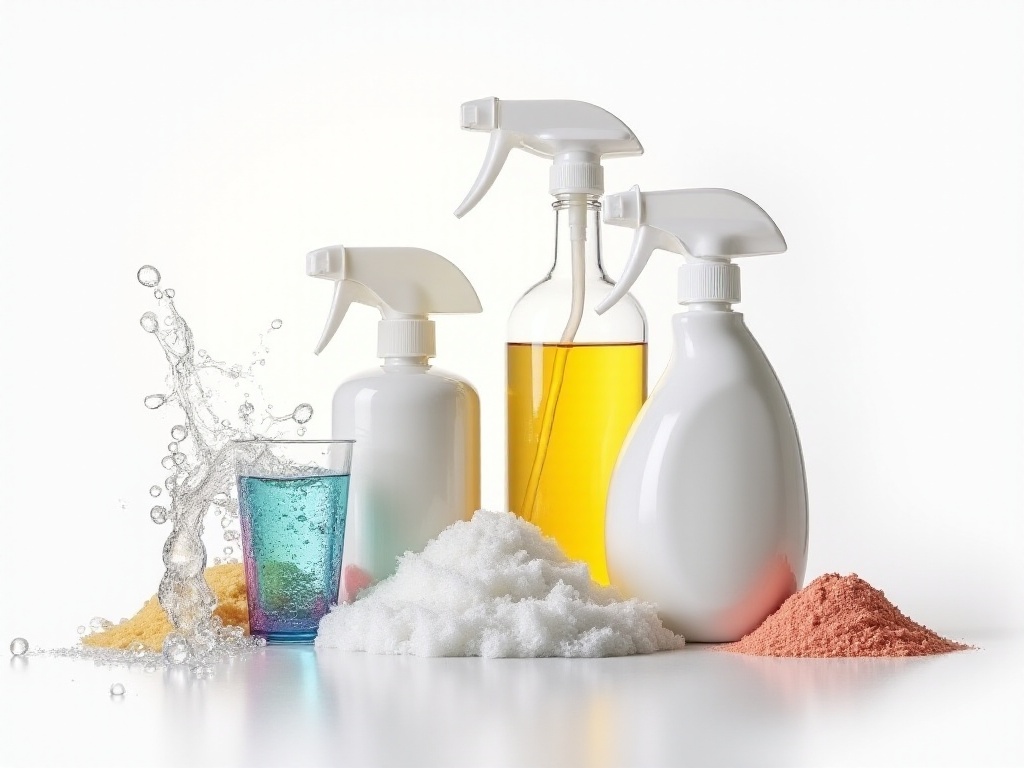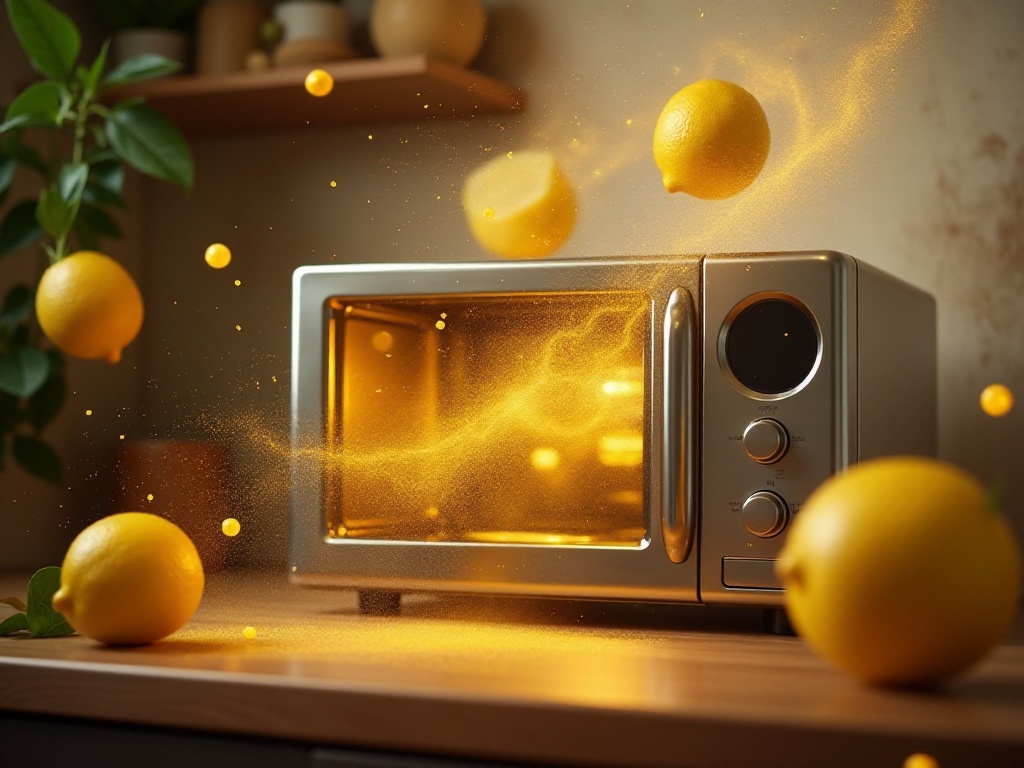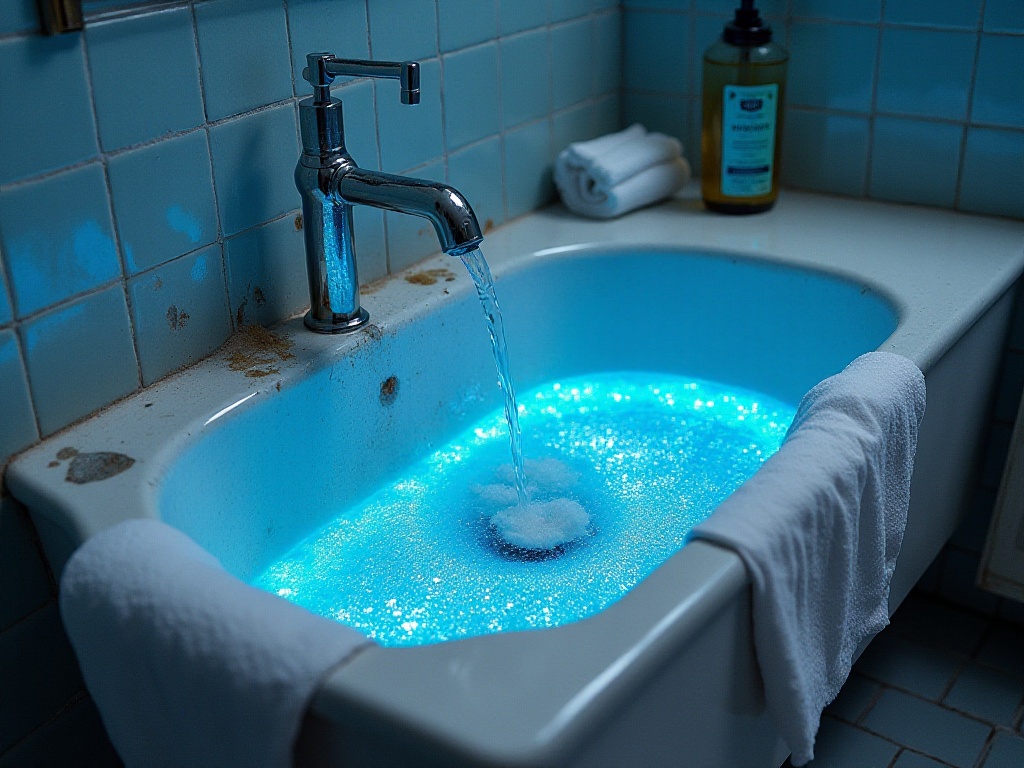Introduction
I'm going crazy! After moving out, I discovered that kitchen cleaning is an endless task. The grease on the range hood stubbornly refuses to budge, and burnt stains on the stove seem permanently attached - it's so frustrating. But recently, I've discovered some game-changing cleaning secrets that I wish I'd known earlier. Today, I'll share these amazing cleaning tips with you.
The Magic of Vinegar
Honestly, I used to think white vinegar was just for cooking until I saw an incredible cleaning method on Xiaohongshu. You fill a plastic bag with white vinegar, secure it around the faucet with a rubber band - it's genius! The next morning, my faucet was sparkling like new, with all limescale gone.
I now do this deep cleaning monthly, and the results are fantastic. The descaling agents I used to buy online cost 40-50 yuan per bottle, weren't as effective as vinegar, and smelled harsh. Since discovering this method, I've saved so much money. By the way, vinegar water also works great for removing grease from the range hood.
I remember when my mom visited, she thought I had replaced my faucet because it was so shiny. When I told her about this trick, she was amazed. Now she's become a devoted fan of this method and frequently recommends it to her friends on WeChat.
Olive Oil Care
When it comes to maintaining stainless steel appliances, I'm quite experienced. Initially, I bought a specialized stainless steel cleaner from an appliance store for nearly 100 yuan. Soon realized it wasn't worth the price.
Later, I watched a YouTuber using olive oil to maintain stainless steel surfaces. I was skeptical at first but decided to try it with the cheapest olive oil I could find. The results were surprisingly good! Just use a microfiber cloth with a tiny bit of olive oil to wipe the refrigerator surface - fingerprints disappear instantly, and it leaves a protective layer that lasts.
The funniest thing was when my best friend visited and assumed I had a very diligent housekeeper because my fridge was so shiny. Actually, there's no housekeeper - it's just me using this trick once a week. Plus, olive oil is completely non-toxic, making it perfect for appliances that come in contact with food.
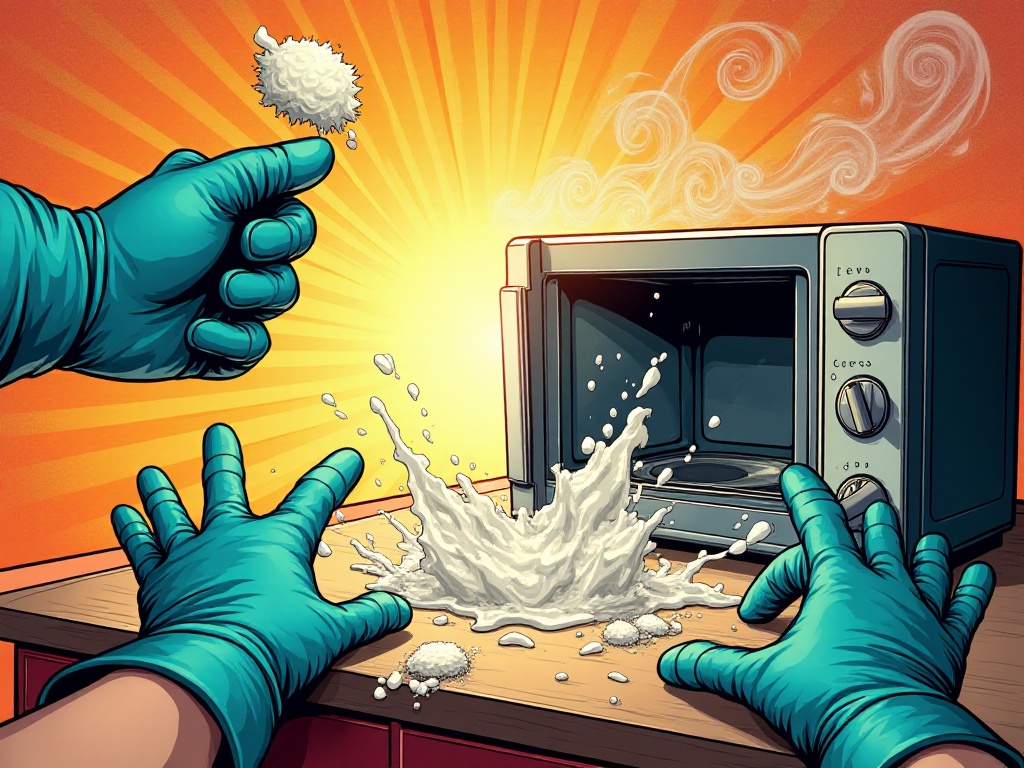
Oven Revolution
The oven was truly my nightmare - I used to pretend not to see the grease after each use. Until I discovered this brilliant trick: line the bottom with aluminum foil. Now, no matter what I bake, even if something spills, it's not a problem - just wipe the foil clean.
However, I know many people are like me, waiting until the oven is terribly dirty before cleaning it. In such cases, table salt is your savior. Just last week, I dealt with an extremely dirty oven using this method: preheat the oven to about 50°C, then sprinkle table salt on the dirty areas. After the oven cools completely, wipe with a damp cloth, and those stubborn grease stains become much easier to clean.
Now I use this method for quick cleaning after each use. It's become a habit, and I never let my oven get too dirty anymore. Plus, using table salt for cleaning is completely safe - no worries about chemical cleaner residues.
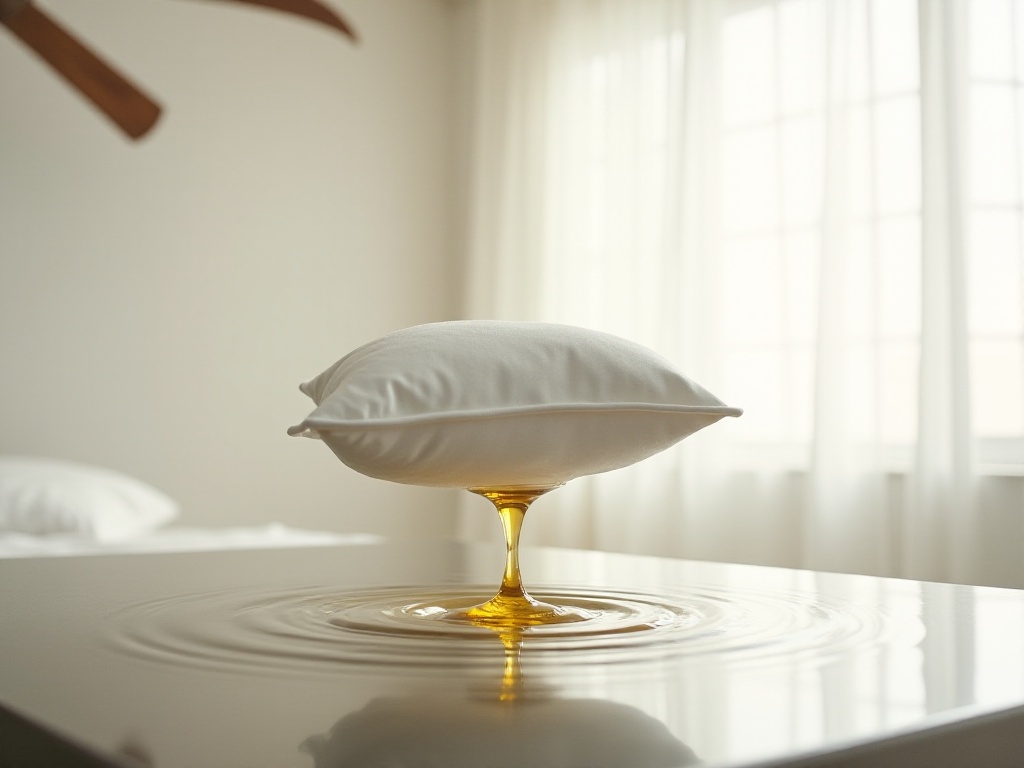
Cutting Board Deodorizing
Regarding cutting board cleaning, I've made many mistakes. Initially, I used dish soap but found the odors got worse. Then I switched to disinfectant but felt it wasn't safe enough. Until I discovered lemon - a natural deodorizer that seems perfect for wooden cutting boards.
After using the cutting board, I cut a lemon in half and rub it vigorously on the surface. The natural acidity of lemon not only disinfects but also neutralizes odors. Best of all, the lemony fragrance lingers on the board, creating a pleasant aroma when chopping vegetables.
Now I do a deep clean with lemon weekly and just rinse with water other times. This maintains the cutting board's hygiene and extends its lifespan. The natural acidity of lemon is also the gentlest care method for wooden cutting boards, unlike chemical cleaners that can damage the wood.
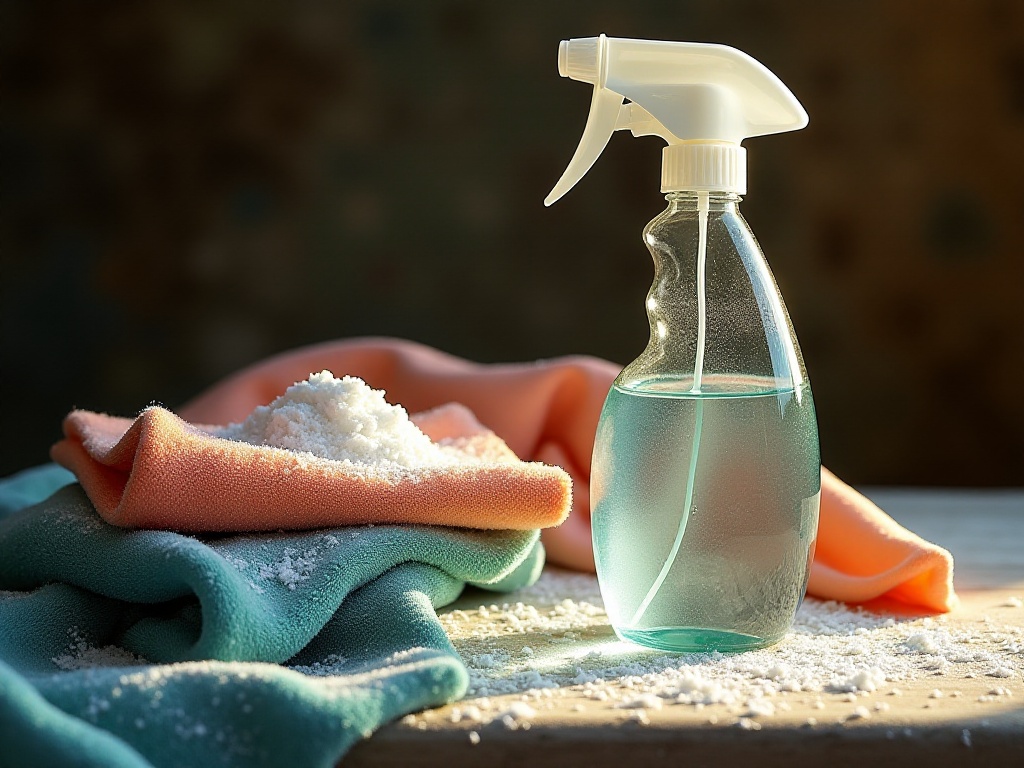
Garbage Disposal Maintenance
Garbage disposals are both useful and troublesome. Initially, mine made strange noises and often emitted unpleasant odors. Then I discovered a simple maintenance trick: cleaning with ice cubes.
Here's how: monthly, I prepare a bowl of ice cubes and pour them into the disposal, then run it. The ice helps clean the blades and removes odors. Recently, I found adding lemon peel to the ice works even better.
I've been doing this for over six months now, and the disposal hasn't made any strange noises since, plus the kitchen always smells fresh. It's such an easy and effective trick.
Floor Innovation
Speaking of floor cleaning, I recently got something fun - cleaning slippers. Honestly, I thought it was a gimmick at first, but after using them, they're amazing!
They're regular slippers with microfiber cleaning pads attached to the bottom. Walking around the kitchen wearing them is like mopping. Now when I make breakfast each morning, I just wear these slippers while moving around, and by the time breakfast is ready, the floor is clean too.
This cleaning method is perfect for small kitchens. No need to squeeze around with a mop or worry about reaching corners. The amount of exercise is just right - not too tiring while maintaining basic floor cleanliness.
Eco-friendly Cleaners
Honestly, I used to believe strongly in professional cleaners, thinking expensive products must work better. Then one day, I learned how to make cleaning solutions online and discovered cleaning can be both eco-friendly and economical.
My go-to recipe is: 500ml warm water, 60ml white vinegar, 30ml lemon juice, and 2 teaspoons of baking soda. I've tried many ratios, and this works best. Keep the water around 40°C to maximize the cleaning effectiveness of all ingredients.
The biggest advantage of this homemade cleaner is its safety. I have a two-year-old nephew who likes to touch everything. Since using this cleaner, I don't worry about him coming into contact with harmful substances. Plus, it's very cost-effective, costing less than 10 yuan per month.
Cleaning Time Management
Many people think kitchen cleaning is time-consuming, but it's mainly about poor time management. I've divided cleaning tasks into different frequencies:
Daily must-dos include wiping countertops and washing the sink. These are crucial as they're the most prone to bacterial growth. I usually spend five minutes before bed, using warm water and a bit of cleaner for a quick wipe.
Weekly, I set aside a specific time, like weekend mornings, for cleaning appliance surfaces. This includes the refrigerator exterior, microwave exterior, oven door, etc. While these areas don't get dirty daily, dust and grease accumulate if not regularly cleaned.
For deep cleaning large appliances, I schedule monthly sessions. This includes defrosting the refrigerator, deep cleaning the oven, dismantling and washing the range hood, etc. While time-consuming, it's not too tiring if done regularly.
Storage Revolution
Storage was a problem that bothered me for a long time. I used to stuff cleaning supplies randomly under the sink, spending ages finding things. Later, I bought a transparent storage box online specifically for cleaning tools and supplies.
The box has several compartments for different cleaning items. Glass cleaners, floor cleaners, and degreasers each have their section. Being transparent, it's easy to spot what you need. The lid prevents cleaner spills.
Most importantly, this organization not only keeps things tidy but also helps track when supplies need replenishing. No more embarrassing moments of running out of cleaner when needed.
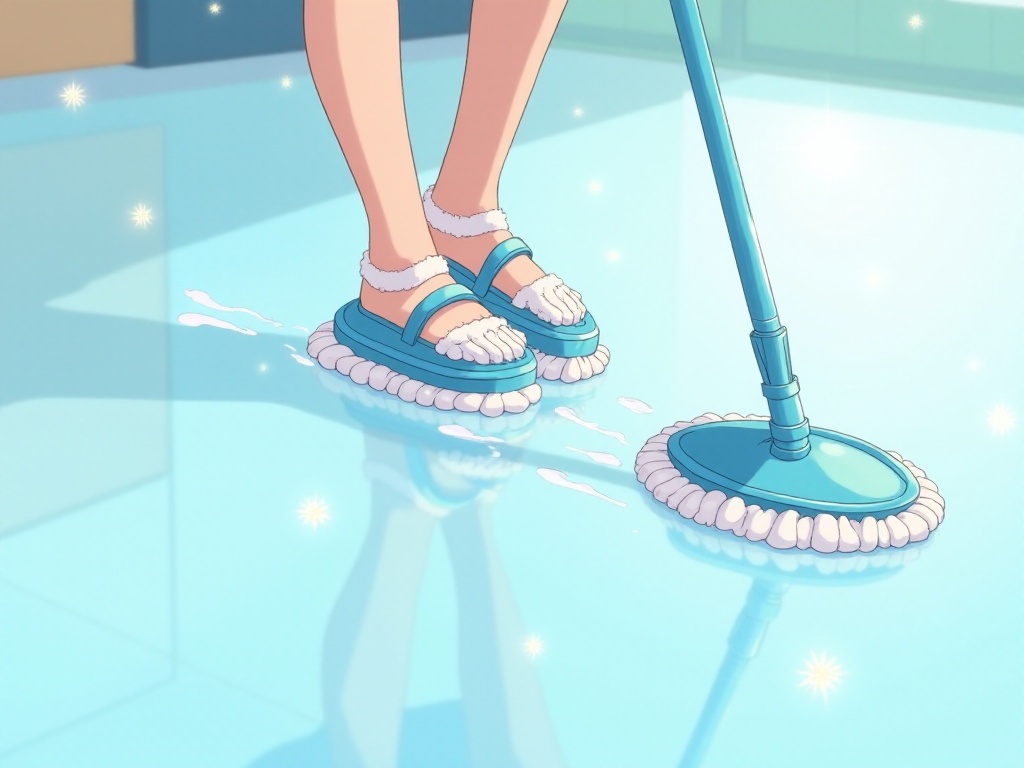
Summary and Outlook
Through this period of practice, I've deeply realized that kitchen cleaning isn't difficult - the key is developing good habits and using the right methods.
Now, my first morning task is wiping kitchen counters with warm water, and I do a quick cleanup before bed. These actions have become habits that don't feel troublesome anymore.
These cleaning tips not only save time and money but make cleaning more environmentally friendly. Most importantly, a clean and tidy kitchen really improves your mood and motivation for cooking.
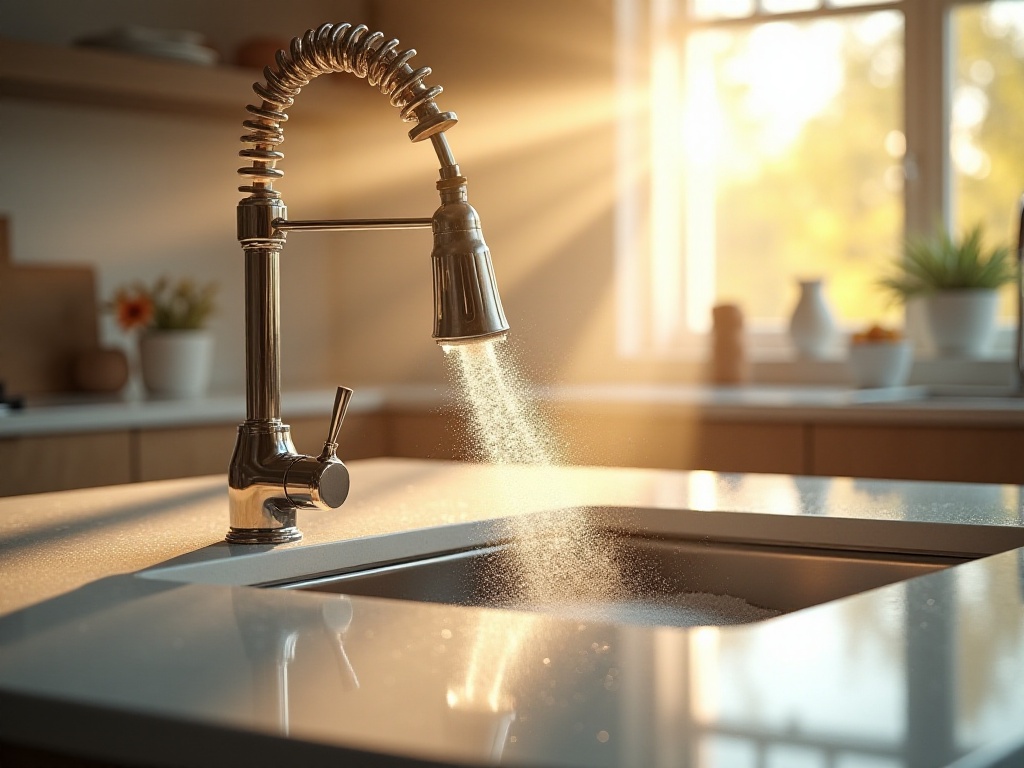
Practical Tips
Here are some particularly useful cleaning tips to share.
First, cleaning order is crucial. Remember to clean from top to bottom - start with hanging cabinets, then countertops, and finally the floor. This prevents redundant work and ensures cleaning efficiency.
Next is tool selection. I used to buy many cheap cleaning tools to save money, but they were ineffective and broke easily. I learned it's better to buy fewer, higher-quality items. For example, I now only use microfiber cloths - they're more expensive but absorb better and last longer.
Ventilation is also important. I open kitchen windows for half an hour every morning for fresh air. This is especially important after cooking. It keeps the air fresh and prevents cooking odors from settling on walls and appliances.
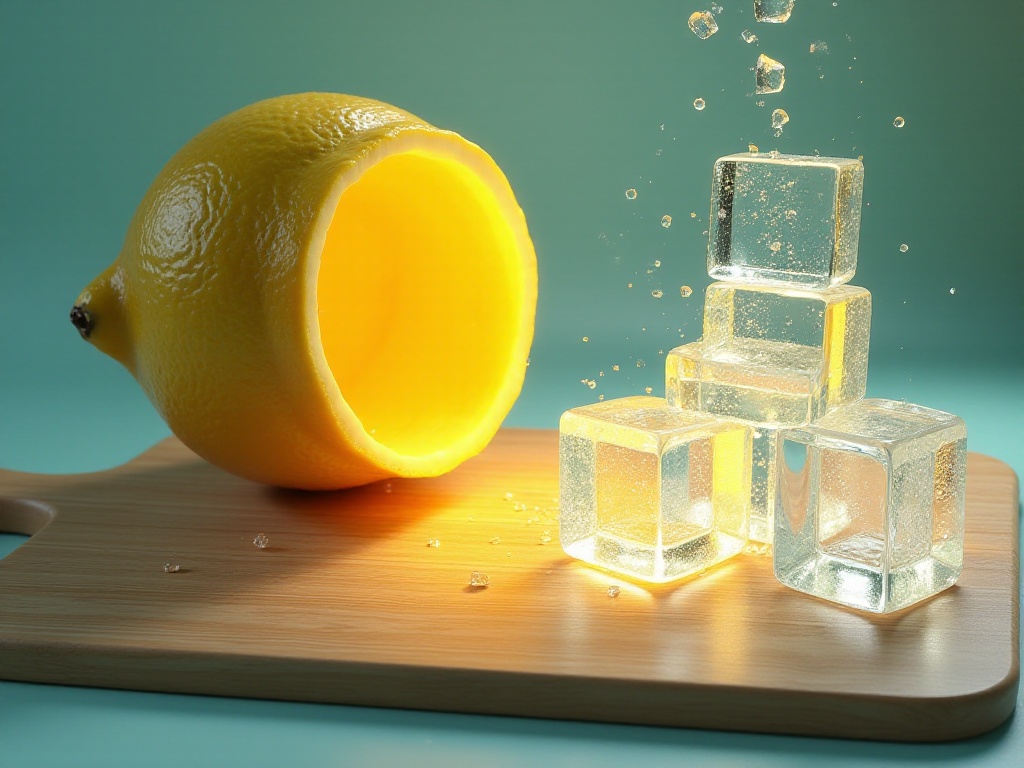
Important Notes
While these cleaning methods are effective, some details need attention.
When using vinegar and baking soda, ensure good ventilation. Though these are natural cleaning products, vinegar has a strong smell. I use them when ventilation is good and keep windows open longer afterward.
Different surfaces require different cleaning methods. While wooden cutting boards work well with lemon cleaning, plastic ones might need different approaches. Always understand the material before choosing a cleaning method.
Use basic protection with any cleaner. I always wear gloves when cleaning to protect my hands and avoid direct skin contact with cleaners. This is especially important with stronger cleaning agents.
Finally, regarding appliance cleaning. Always ensure power is disconnected before cleaning any appliance. Though this is basic knowledge, it's easy to forget when in a hurry. I've made it a habit to unplug appliances first before cleaning.
These cleaning tips come from my practical experience. With persistence, you can keep your kitchen spotless too. Most importantly, develop good cleaning habits and make cleaning a natural part of your life.




